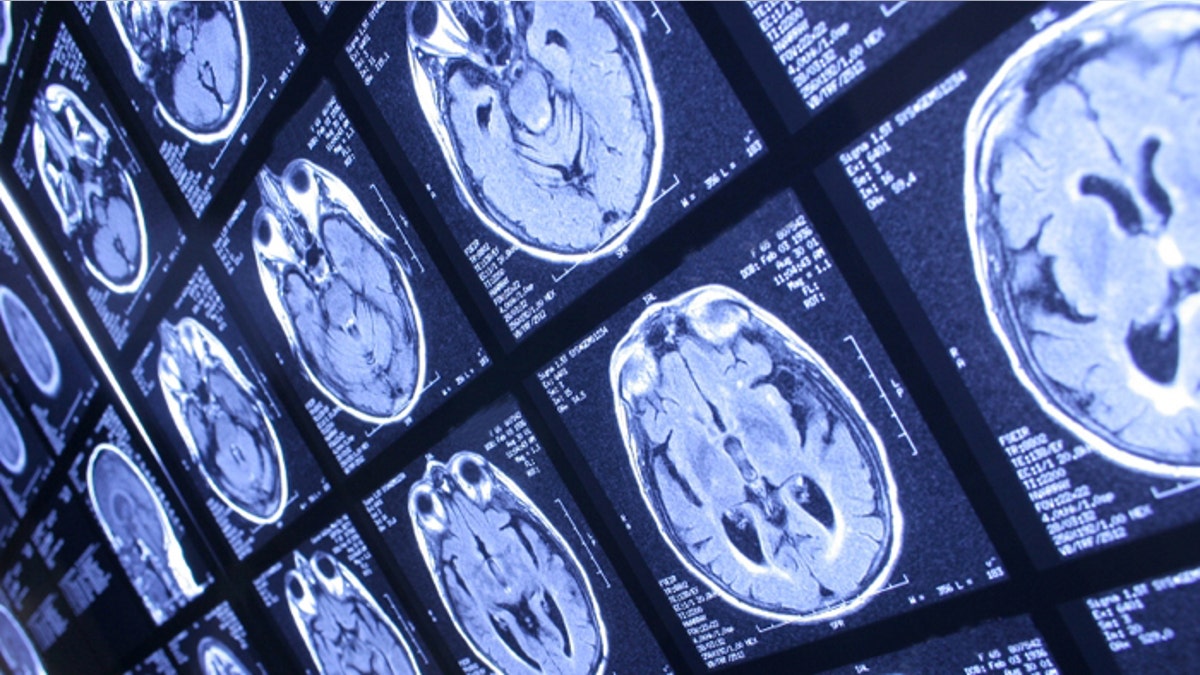
U.K. researchers have found that using media devices concurrently may alter the human brain, and increase the risk of developing depression and anxiety.
The study, published in the journal PLOS One, revealed that simultaneous usage of media, such as mobile phones, laptops, and print newspapers and magazines, was linked to lower brain matter density in the area that controls cognitive and emotional functions.
"Media multitasking is becoming more prevalent in our lives today and there is increasing concern about its impacts on our cognition and social-emotional well-being,” Kep kee Loh, a University of Sussex neuroscientist who conducted the study, said in a news release.
Researchers queried 75 adults on their media habits and used functional magnetic resonance imaging, or fMRI, to study their brain structures.
Although altered brain structure was linked to concurrent media usage, scientists said further research is needed to learn whether the lower gray matter density is the casualty or the cause of higher media multitasking.
"The exact mechanisms of these changes are still unclear," said Kep kee Loh. “A longitudinal study is required to unambiguously determine the direction of causation."
